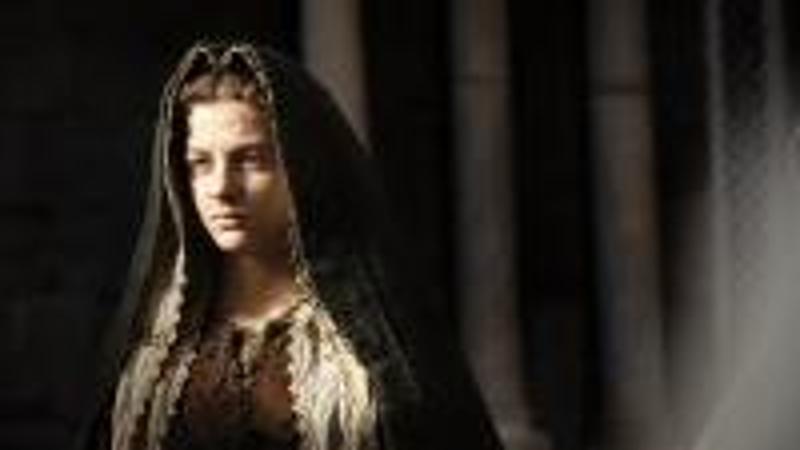Director: Susanna Nicchiarelli
Cast: Margherita Mazzucco, Andrea Carpenzano, Luigi Lo Cascio, Carlotta Natoli, Paola Tiziana Cruciani
Duration: 106′
The movie “Clare”
With “Clear” Susanna Nicchiarelli rereads the story of the Saint of Assisi from 1211 to 1228. It is the third female portrait after “Nico 1988” (best Horizons film at the 2017 Venice Film Festival) and “Miss Marx” (2020). From the vow of poverty at San Damiano in the hands of Francesco (Andrea Carpenzano), to the first miracles, passing through a tenacious fight so that women too could spread the word of God outside the monasteries, leaving the cloistered and contemplative dimension to which female spirituality was confined until then, Susanna Nicchiarelli entrusts Margherita Mazzucco (the “Lenù” of “My Brilliant Friend”) the role of the protagonist but its Chiara gets lost in a film that never seems sincereindeed, too much studied in the pauperistic staging that tries to compensate for the total absence of spiritual afflatus.
Built in protofeminist key (even St. Francis pays the price, in his masculine dimension that yields to compromise with the Church), “Chiara” is a film that never manages to find its own identity and, perhaps for this reason, Susanna Nicchiarelli ends up forcing it, yielding to the portrait of a modern heroine at all costs as in a medieval musical (and with a decidedly out of tune pop ending). (Marco Contino)
Vote: 4
***
Director: Alice Diop
Cast: Kayije Kagame, Guslagie Malanga, Valérie Dréville
Duration: 122′

The movie “Saint Omer”
The French documentary filmmaker Alice Diop made her debut in fiction by presenting “Saint Omer” at the Venice Film Festival last September, with an unthinkable success to the point of receiving the Golden Lion of the futurereserved for beginners, and even the Grand Prix of the main jury.
The theme is that of motherhood, denied or betrayed, by a Senegalese mother, but above all the reaction of the young infanticide, to the trial that sees her accused. The director said she left for the location of the title, on the English Channel, after seeing a photo in “Le Monde” with the small lifeless body of a 15-month-old girl on the beach.
Hence the decision to follow the trial and make a fiction out of it with the intention, however, of documenting, rather than narrating, the whole story.
In the movie the director’s alter ego is a writer 30-year-old who wants to use the process for her next novel. And she, also pregnant, wonders about the meaning of her motherhood, even in the light of a difficult relationship with a mother who is never too affectionate and present.
It’s the other France, the one that emerges from “Saint Omer”, that of the second generation Senegalese communities, with family modalities that have a profound effect on the film. Often shot with both the witnesses and the accused in close-up or extreme close-up, the film raises a strong theme and seeks to shrug off the guilty/monster or innocent/victim dualism.
And it makes it through deep actressesthick, and a careful directing also to the language, on which there is a great deal of work: in fact, the defendant uses it in a literary sense, telling her version, based on the need to be heard, to be recognized. Medea is always with uswith its ancient myth of a mother who kills her children out of love or out of jealousy: but there isn’t just one truth, each spectator will make his own. (Michael Gottardi)
Score: 7.5
Cinema at 100 percent, here are the reviews of the films released on Thursday 8 December

